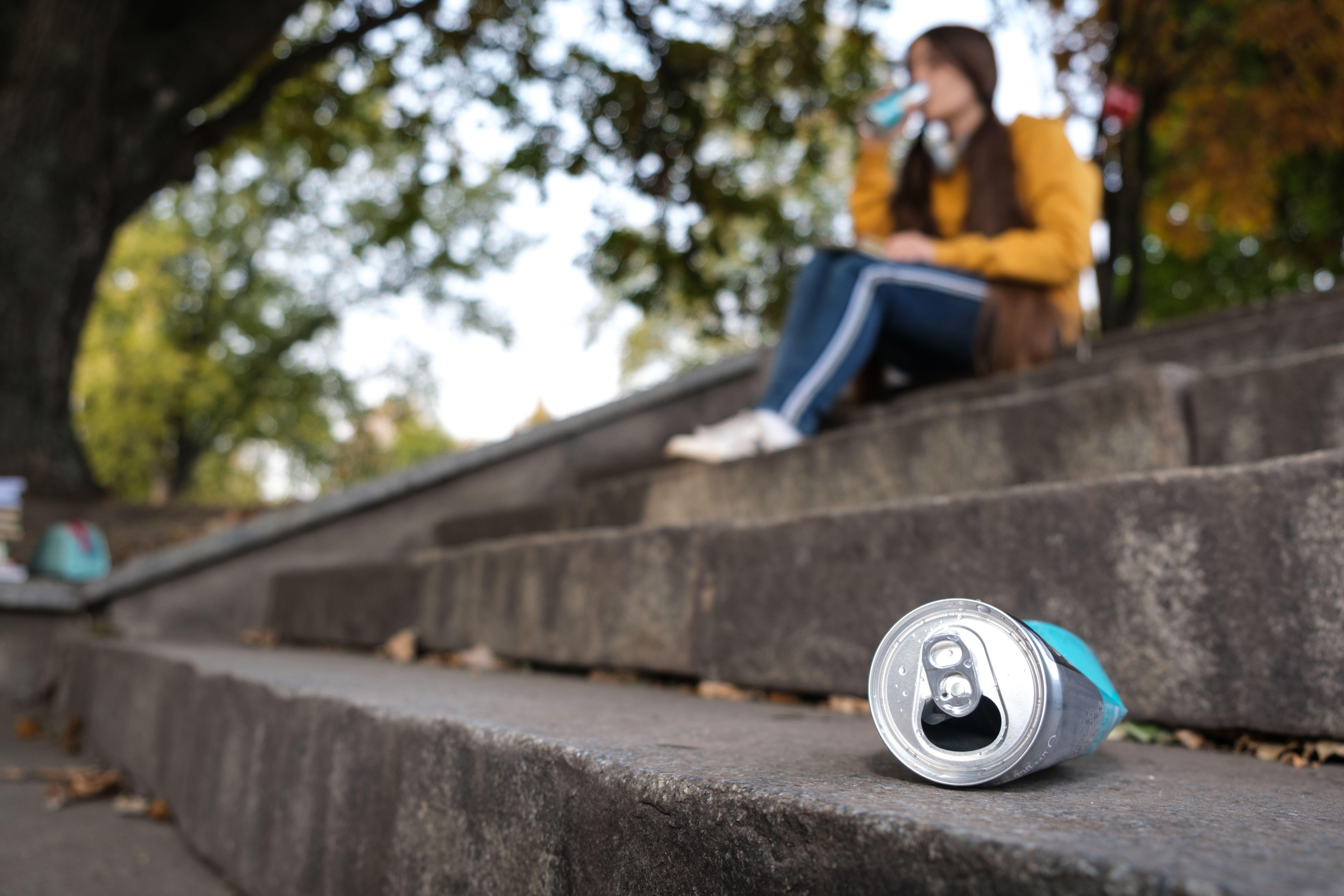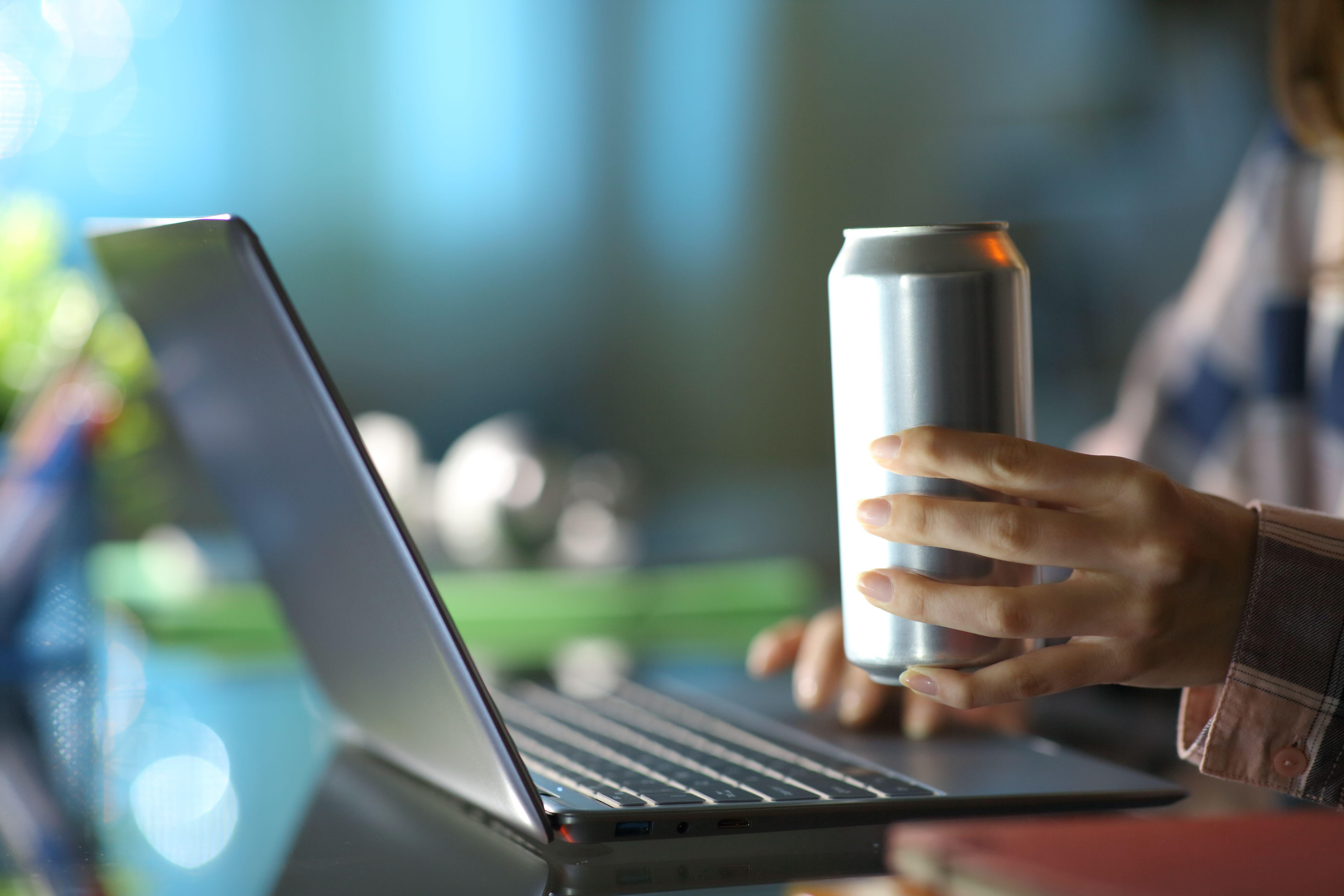
A new study commissioned by the government reveals that up to one in three British children are consuming caffeinated energy drinks, with frequent consumption associated with a range of health and behaviour problems.
The BMJ Open paper, which analysed previous data sets, found that between 3% and 32% of under-18s in the UK consume the drinks at least once a week.
Those who consumed the soft drinks five times a week were more likely to report headaches, sleep problems, alcohol use, smoking, irritability, and school exclusion.

In 2019, the government announced it would ban the sale of energy drinks to under-16s, but the rule was never implemented.
Lead author of the paper, Claire Khouja, from the University of York said: “While more research is needed to track the effects of energy drinks on children who drink them, our research has uncovered consistent evidence of links between the regular consumption of these drinks and harmful effects on children’s overall wellbeing. These findings offer support for a government policy banning the sale of energy drinks to children.”
But what about 17- and 18-year-olds? And adults? Are high-sugar, high-caffeine drinks just as detrimental for grown-ups, or are they no different to the strong coffees that so many people rely on to kick-start their mornings?
Coffee vs energy drinks
The two main stimulants in fizzy energy drinks are caffeine and sugar, and there’s a definite difference when it comes to the pros and cons of these ingredients.
“Caffeine increases the heart rate, increases concentration, keeps people awake for longer and prevents them from going to sleep,” explains Dr Belinda Griffiths from The Fleet Street Clinic. “Caffeine can be good for adults. A lot of studies out at the moment are saying that actually two coffees or more a day, depending on the amount of caffeine in each drink, might be beneficial for heart disease.”
Refined sugar is, on the other hand, especially in the quantities found in energy drinks, not healthy at all.
“We can quite happily manage without it, we get enough sugar from everything else that we eat and drink,” says Griffiths. “It just increases blood glucose and gives a short burst of energy and then a drop afterwards, which can affect your mood, and also make you feel increasingly hungry afterwards [meaning] you might want to eat more.”
Holly Zoccolan, nutritional health coach and founder of The Health Zoc, says: “Energy drinks could help with increased concentration, focus and energy, however should be consumed with caution and in moderation,” even for adults.
The dangers for children
While caffeine can be beneficial, it does have some downsides, particularly for children.
“If you take too much caffeine on a regular basis you get used to it and then on withdrawal you can get a headache – that’s a known phenomenon,” says Griffiths. “And if you have caffeine before bedtime, a certain cohort of the population are susceptible [to] insomnia as a result. The effect is usually magnified on children of a light body weight and young people.”
It can also cause irritability, and impact certain health conditions: “In children who have heart disease or asthma, for example, the caffeine can cause heart palpitations and insomnia.”
Energy drinks can also become addictive for children and they “contain large amounts of sugar which are not necessary for that age group,” Griffiths warns. “That’s easily going to contribute to the problems we already have with children and obesity, diabetes and attention deficit [disorder].”

What about teenagers who find energy drinks help them stay alert?
“Even from 12 to 18, depending on the body weight, the caffeine is really not going to be beneficial. It’s just going to increase the heart rate,” says Griffiths. “Admittedly it may improve their ability to stay awake and study more, but apart from that, it really doesn’t actually hold any benefits at all.”
That effect may be somewhat reduced if the young person is “doing exercise and liable to use up the energy, and if they take it in the early part of the day,” she adds.
The British Soft Drinks Association’s director general, Gavin Partington, said in response to the study: “Our members do not market or promote energy drinks to under-16s, nor do they sample products with this age group.
“In addition, energy drinks carry an advisory note stating ‘not recommended for children’. The BSDA Code of Practice on energy drinks was introduced by and for our members in 2010 and contains a number of stringent points on responsible marketing. We remain committed to supporting the responsible sale of energy drinks.”







